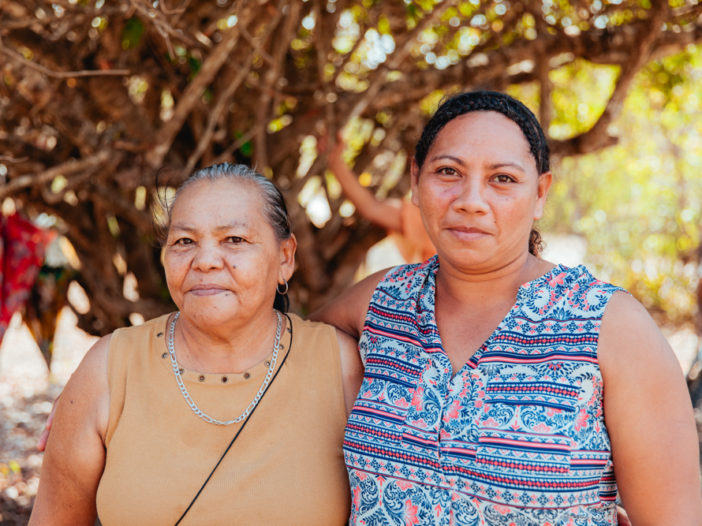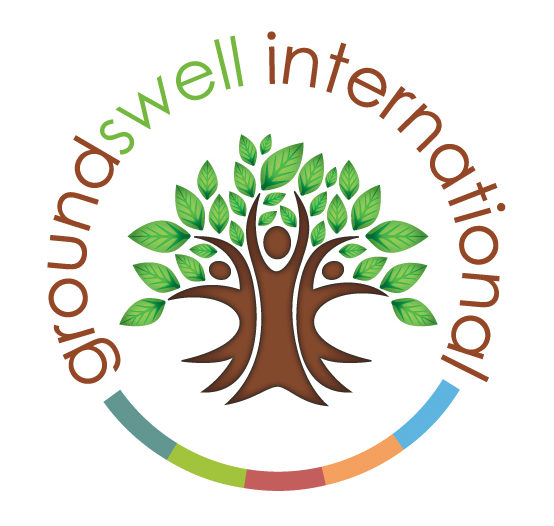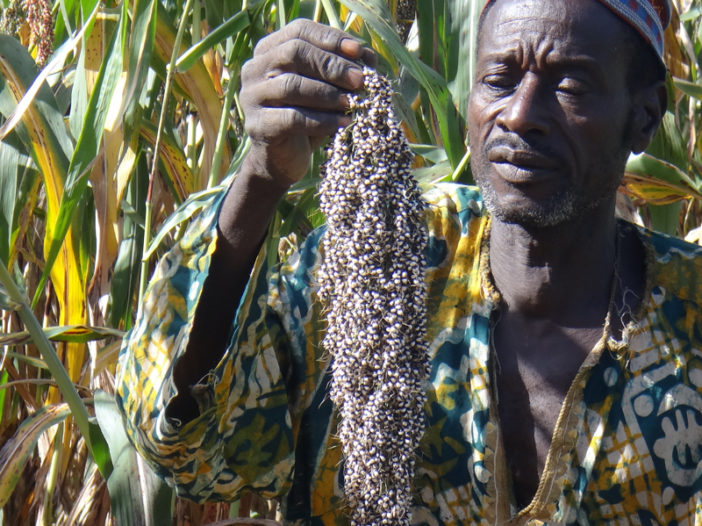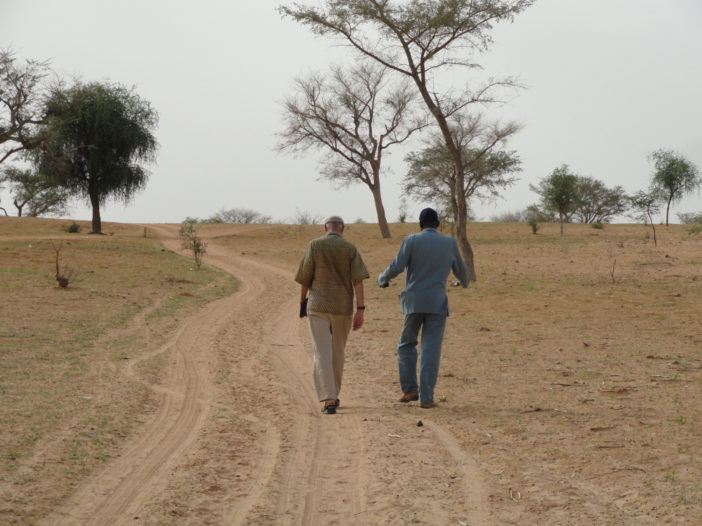By: Edwin Escoto, Regional Coordinator for Latin America & the Caribbean In Latin America, centuries of intractable social inequality and the accelerating deterioration of ecosystems, which are rooted in the neoliberal economic “development” model, have dramatically exacerbated the impact of the COVID-19 pandemic. The situation has become so dire that the lives of millions now hang in the balance. These long-smoldering social and environmental crises demand urgent action if we have any … [Read more...] about Agroecology and Local Markets: Sources of Hope During the COVID-19 Pandemic in Latin America
Injustice Anywhere Is a Threat to Justice Everywhere
“Injustice anywhere is a threat to justice everywhere. We are caught in an inescapable network of mutuality, tied in a single garment of destiny. Whatever affects one directly, affects all indirectly.”― Martin Luther King Jr., Letter from a Birmingham Jail, 16 April 1963 Food justice, racial justice and economic justice are deeply connected. Justice in the U.S. is linked to justice in Haiti, Ghana, Guatemala, Nepal and other countries where Groundswell International works with … [Read more...] about Injustice Anywhere Is a Threat to Justice Everywhere
From Crisis to Healthy Farming and Food Systems
By: Steve Brescia, Executive Director This article first appeared online in Springer Nature on May 18, 2020. It will appear in print in Agriculture and Human Values: Volume 37, Issue 3 in September 2020. In a few short months an urgent question has absorbed people around the world. How and when do we end the COVID 19 pandemic? The answers depend on what actions we take. They also depend on recognizing the profound connections between our human health and the health of our ecosystems, … [Read more...] about From Crisis to Healthy Farming and Food Systems
Agroecology and Food Sovereignty are Critical in the Fight Against COVID-19 in West Africa
By: Peter Gubbels, Director of Action Learning and Advocacy for West Africa For over 10 years, I have been working with Groundswell International to support our national level network members to improve food and nutrition security in rural communities across the Sahel, in West Africa. I am based in northern Ghana. In addition to my role with Groundswell, my wife and I have a small farm where we grow much of our own food. I am deeply and personally concerned with how the COVID-19 … [Read more...] about Agroecology and Food Sovereignty are Critical in the Fight Against COVID-19 in West Africa




